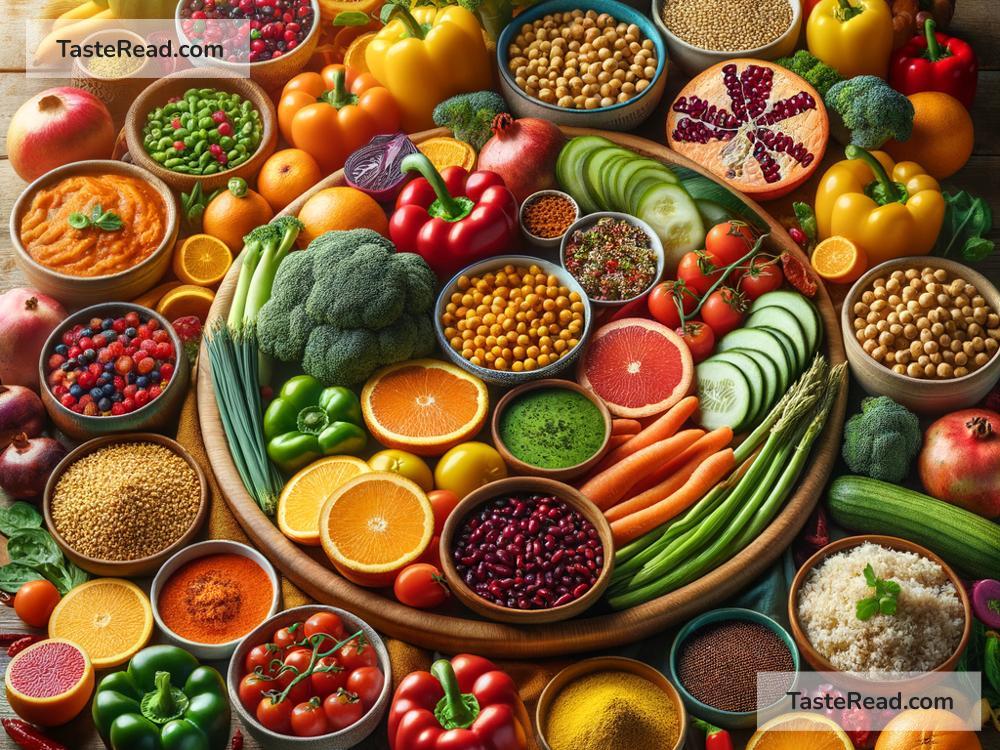How Veganism Promotes Healthy Aging and Longevity
In the quest for a fountain of youth, many are turning their sights towards their plates, exploring diet as a gateway to health and longevity. One diet that’s stealing the spotlight for its potential to promote healthy aging is veganism. Let’s break down, in simple English, how ditching animal products and embracing a plant-based lifestyle may just be your ticket to a healthier, longer life.
The Basics of Veganism
Veganism isn’t just a diet; for many, it’s a lifestyle. At its core, it means cutting out all animal products – no meat, dairy, eggs, or even honey. Instead, vegans fill their plates with vegetables, fruits, beans, grains, nuts, and seeds. But how exactly does swapping steak for spinach contribute to longevity? Let’s dive in.
Nutrient-Rich Eating
Plants are powerhouses of nutrients essential for maintaining our body’s health. They’re loaded with vitamins, minerals, antioxidants, and fiber while being low in calories. These nutrients support our immune system, help maintain a healthy weight, and reduce inflammation – all factors that contribute to aging gracefully.
Anti-inflammatory Benefits
Chronic inflammation is a culprit behind many diseases associated with aging, including heart disease, Alzheimer’s, and cancer. A vegan diet is naturally high in foods that fight inflammation. Fruits, veggies, nuts, and whole grains are all known for their anti-inflammatory properties, while meat and dairy can sometimes increase inflammation.
Heart Health
Heart disease is a leading cause of death globally, but a vegan diet may help keep your heart healthy and happy. Studies have shown that vegan diets are effective at reducing blood pressure and cholesterol levels, two significant risk factors for heart disease. By swapping animal fats for plant-based foods, you’re giving your heart the love it deserves.
Weight Management
Maintaining a healthy weight is crucial for aging well, and veganism can be a helpful ally in this battle. Plant-based foods tend to be lower in calories and fats and higher in fiber, making you feel full longer. This can help prevent overeating and support weight loss or maintenance efforts, reducing the risks associated with obesity.
Diabetes Prevention
The risk of developing type 2 diabetes increases as we age, but a vegan diet might offer some protection. High fiber intake, along with a diet low in saturated fats and refined sugars, helps maintain stable blood sugar levels. Many vegans find it easier to control their blood sugar, reducing their risk for this age-related concern.
A Note on Bone Health
One argument against veganism is the potential for decreased bone density due to lower calcium and vitamin D intakes. However, many plant-based foods are fortified with these nutrients, and others, like leafy greens and almonds, are naturally high in calcium. With mindful eating and possible supplementation, vegans can maintain strong bones into their old age.
The Longevity Connection
Research suggests that populations following a predominantly plant-based diet have a longer lifespan and lower rates of chronic diseases. There’s growing evidence linking veganism with longevity, but it’s important to note that simply being vegan isn’t a magic pill. The key is a well-planned diet focused on whole, nutrient-dense foods rather than processed vegan alternatives.
Making the Switch
Transitioning to a vegan lifestyle can seem daunting, but it doesn’t have to be an all-or-nothing approach. Start small by incorporating more plant-based meals into your diet and gradually reducing animal products. Experiment with vegan recipes, and discover new foods and flavors you enjoy. As with any diet, variety is crucial to ensure you’re getting all the nutrients your body needs.
Conclusion
Embracing veganism offers a promising path to healthy aging and increased longevity. By focusing on nutrient-rich, anti-inflammatory foods, you can support your body’s well-being through the years. Whether you’re looking to make a complete transition or simply aiming to include more plant-based foods in your diet, the journey towards a healthier, longer life starts on your plate.
Remember, it’s always a good idea to consult with a healthcare professional or a dietitian before making significant changes to your diet, especially if you have existing health conditions. Here’s to a long, healthy, and vibrant life, powered by plants!


